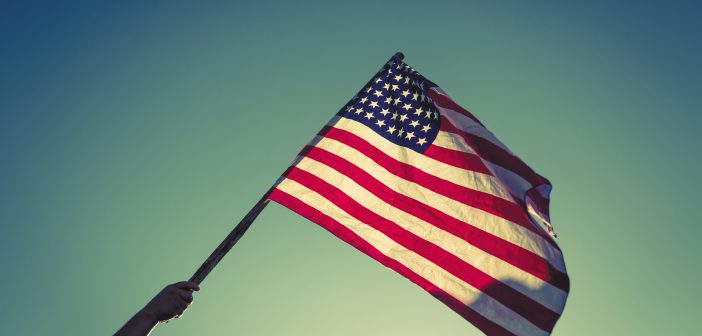by ALFREDO ORTIZ
| T |
This Monday is Labor Day – a federal holiday that celebrates the contributions that the American worker has made to society. However, in recent years, the day has been hijacked by a movement pursuing activist populism over well-thought-out policy.
Groups like Fight for 15 use the holiday to advocate for minimum wage hikes and, more specifically, raising it to $15 an hour. While supporters of the movement may have good intentions of increasing the take-home pay for entry-level workers, the policy will only work to increase the likelihood of layoffs, underemployment and business closings.
One of the cities that has become a defacto experimental ground for raising the entry-level wage is Seattle, where the mandated government wage began to rise in 2015 and will continue to do so until hitting $15 an hour in 2018. Even though the city’s current minimum wage stands shy of $15 an hour, workers have already begun to feel the negative ramifications.
According to a study from the University of Washington, the current $13 minimum wage has resulted in employers being forced to reduce employee hours by 9 percent. To put that into perspective, that’s a loss of 3.5 million working hours every three months for Seattle’s minimum wage employees.
This comes as no surprise. Businesses in Seattle are already under a lot of financial stress from federal, local and state taxes. In fact, hotel owners in particular pay a tax of 15.6 percent in the city. So when the price of labor artificially rises, business and franchise owners are forced to make a difficult decision. They must either cut staff and reduce hours or shut down operations altogether.
Supporters of raising the minimum wage often predict that pay lost from reduced hours will be offset by an increased wage for the hours that are worked. But while wages in Seattle did increase by 3 percent, the take-home pay for Seattle workers earning the new minimum wage decreased by $125 per month.
It’s obvious that artificially dumping more financial stress onto employers for the supposed benefit of employees helps neither party. Policymakers should instead focus on addressing a problem that plagues both workers and employers: the skills gap.
According to the Department of Labor, there are 6 million unfilled job openings in the U.S., and employers are desperate to fill them. Even though the unemployment rate is low, there are still 1.7 million Americans who are long-term unemployed and another 5.2 million that are underemployed due to economic reasons that could fill these jobs—allowing these businesses to operate and innovate at full capacity.
But there’s one problem. A traditional college education is not equipping students with the necessary skills to fill these positions. In fact, only 11 percent of business leaders agree that college graduates are prepared for the workforce. And more specifically, nearly half of small business owners – which includes many hotel franchises – report they are having trouble finding qualified job applicants.
So instead of harming employees and businesses by raising the minimum wage, let’s equip workers with the necessary hard-skills to fill the open positions – many of them paying $50,000 or more per year. This means incentivizing young people to attend vocational or technical schools, rather than traditional four-year institutions. That way wages can naturally increase and businesses can operate at full capacity.
During this Labor Day, let’s focus on policies that will advance workers in this country instead of pursuing initiatives that will harm them.




